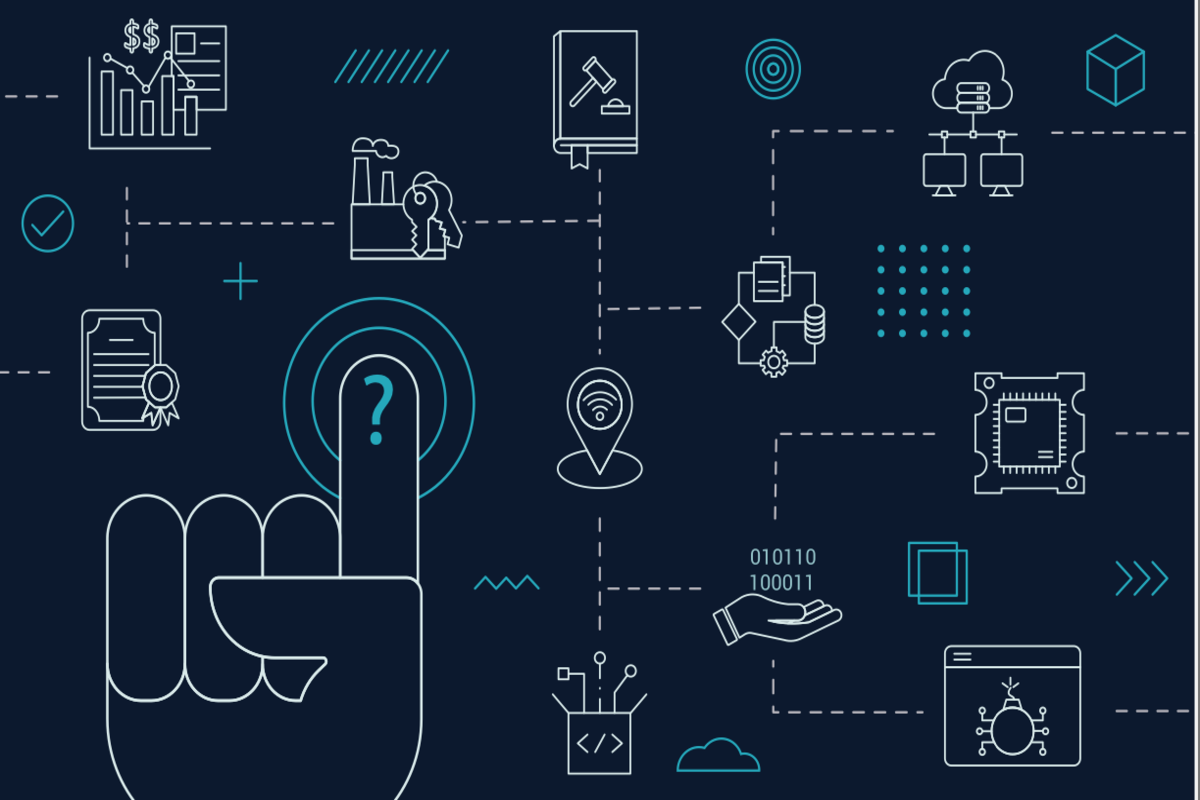Cyberlaw, also known as internet law or digital law, refers to the legal principles and regulations governing the use of digital technologies and the internet.
It encompasses a broad range of legal issues related to online activities, including data privacy, cybersecurity, intellectual property, and digital contracts. Essentially, cyberlaw addresses the legal challenges and opportunities arising from the rapid evolution of technology and the internet.



Its crucial to understand the key components of cyberlaw to understand it more detail:
1. Data Privacy
Data Privacy protects individuals’ personal information from unauthorized access and misuse. These laws require organizations to implement safeguards for data protection and provide transparency about how personal data is collected, stored, and used.
This includes the General Data Protection Regulation (GDPR) in Europe and the Personal Information Protection and Electronic Documents Act (PIPEDA) in Canada.
2. Cybersecurity
Cybersecurity laws focus on protecting digital systems and networks from cyber threats such as hacking, malware, and data breaches. These laws set standards for security practices and responses to cyber incidents, aiming to prevent unauthorized access and ensure the integrity of digital assets.
This involves frameworks like Global Cybersecurity Index and laws like the NIST Cybersecurity Framework and Cybersecurity Information Sharing Act in United States.
3. Intellectual Property
Intellectual property laws address issues related to copyrights, trademarks, and patents in the digital realm. These laws help protect creators’ rights over their digital works and inventions, preventing unauthorized use and infringement.
This includes laws like The Digital Millennium Copyright Act (DMCA).
4. Digital Contracts
Digital contracts involve agreements made and executed online, such as e-commerce transactions and electronic signatures. Cyberlaw governs the enforceability and legality of these contracts, ensuring that digital agreements are as binding as traditional paper contracts.
This includes laws like The UN Convention on Electronic Communication Contracts.
5. Cybercrime
Cybercrime laws deal with criminal activities conducted through digital means, including fraud, identity theft, and online harassment. These laws define and penalize illegal online behavior, providing mechanisms for law enforcement and justice.
This includes laws like The Budapest Convention on Cybercrime.
Cyberlaw plays a vital role in shaping how we interact with technology and the internet. As digital advancements continue to transform our lives, understanding the key components of cyberlaw—data privacy, cybersecurity, intellectual property, digital contracts, and cybercrime—is essential for navigating the complex landscape of the digital world.
By safeguarding personal information, protecting digital assets, and ensuring the legality of online transactions, cyberlaw helps create a secure and fair online environment. It also provides a framework for addressing and prosecuting cybercrimes, contributing to a safer digital space for everyone.
Want to Learn More?
Explore our law and regulations page for in-depth insights on international and Canadian cyberlaws!


